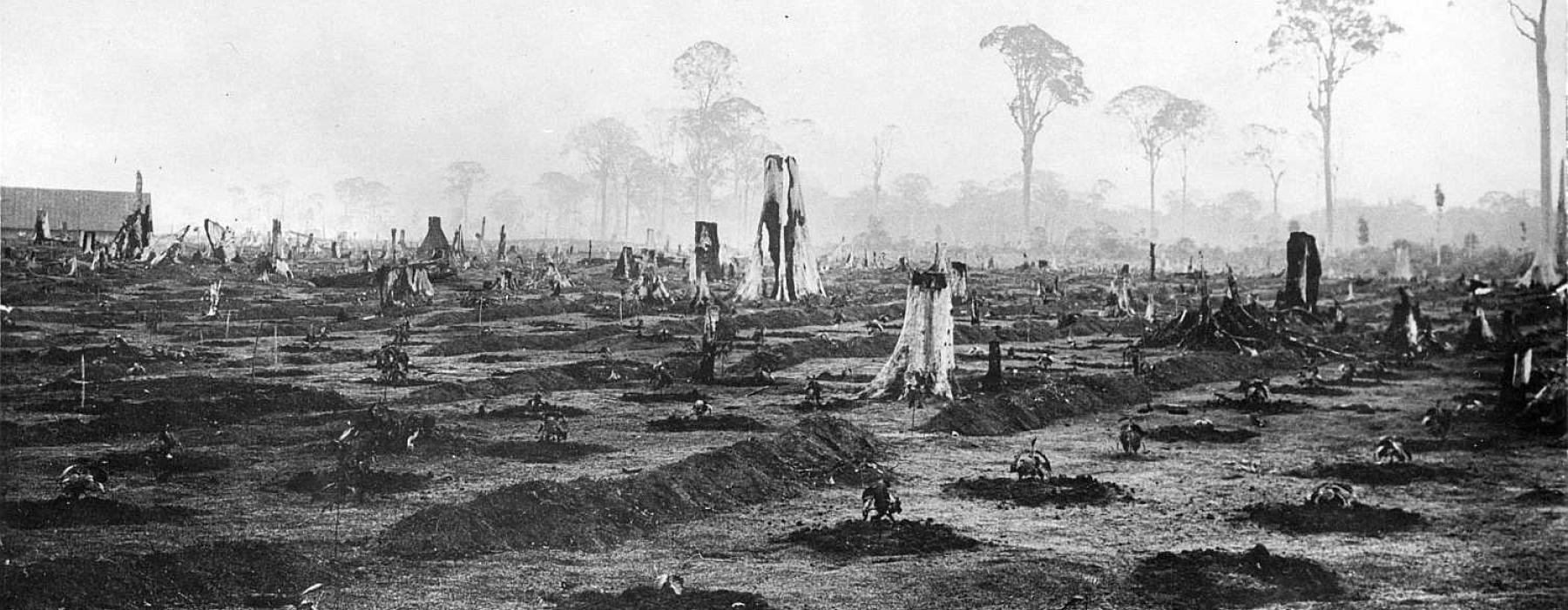
Daily dispatches from across the globe appear to confirm the suggestion that precarity has become the defining condition of our time - extreme weather, melting ice caps, devastated ecosystems, resource exhaustion, mass displacement and migration. The looming figure encompassing this global moment is the Anthropocene: the epoch of humans as a (catastrophic) geological force. It is a term that stresses both the culpability and fragility of modern humans, but also exposes our radical interdependency on other seemingly ‘distant’ beings and species. If the anthropos of the Anthropocene does not implicate all humans equally, it does dramatically indict those who have relentlessly and recklessly pursued modernization and progress under the conceit that people could dominate, manipulate and exploit other humans and non-humans without any negative consequence to themselves or humanity in general. Needless to say, many species, habitats and humans have not fared well under this modernizing regime, and they are forcefully speaking and acting back. Only now, faced with the accumulating calamities of the Anthropocene, are we (who have fared decidedly better) beginning to understand that our existence is and has always been inextricably tied to theirs.
If the exhibition, World of Feathers, currently on show at the Dutch National Museum of World Cultures: Africa Museum implicitly raises questions about the thorough enmeshment of humans with other beings and planetary entities, the workshop, Earth Matters in the Museum, takes up these questions more explicitly.
In this discussion, we seek to foreground ethnographic collections, as we believe they provide a unique window into a global history of human engagement with the earth and its inhabitants. The collections compose the Anthropocene through both its figure and shadow. We want to explore, for example, how these collections track material and visual histories of environmental destruction through colonial trade, resource extraction, commerce and development. On the other hand, we question how collections might also document many non-industrial practices that involve multispecies cooperation and world-making. If these objects have rarely been queried and framed as such, what histories and possibilities of collaboration and resistance might they thus reveal? Thinking through such objects and collections may help us learn to live more creatively with our shared planetary condition, and also to imagine more ethical ecological relations. We therefore invite prominent thinkers to help us think through the power of material culture in fashioning new modes of relating more cooperatively to the earth.